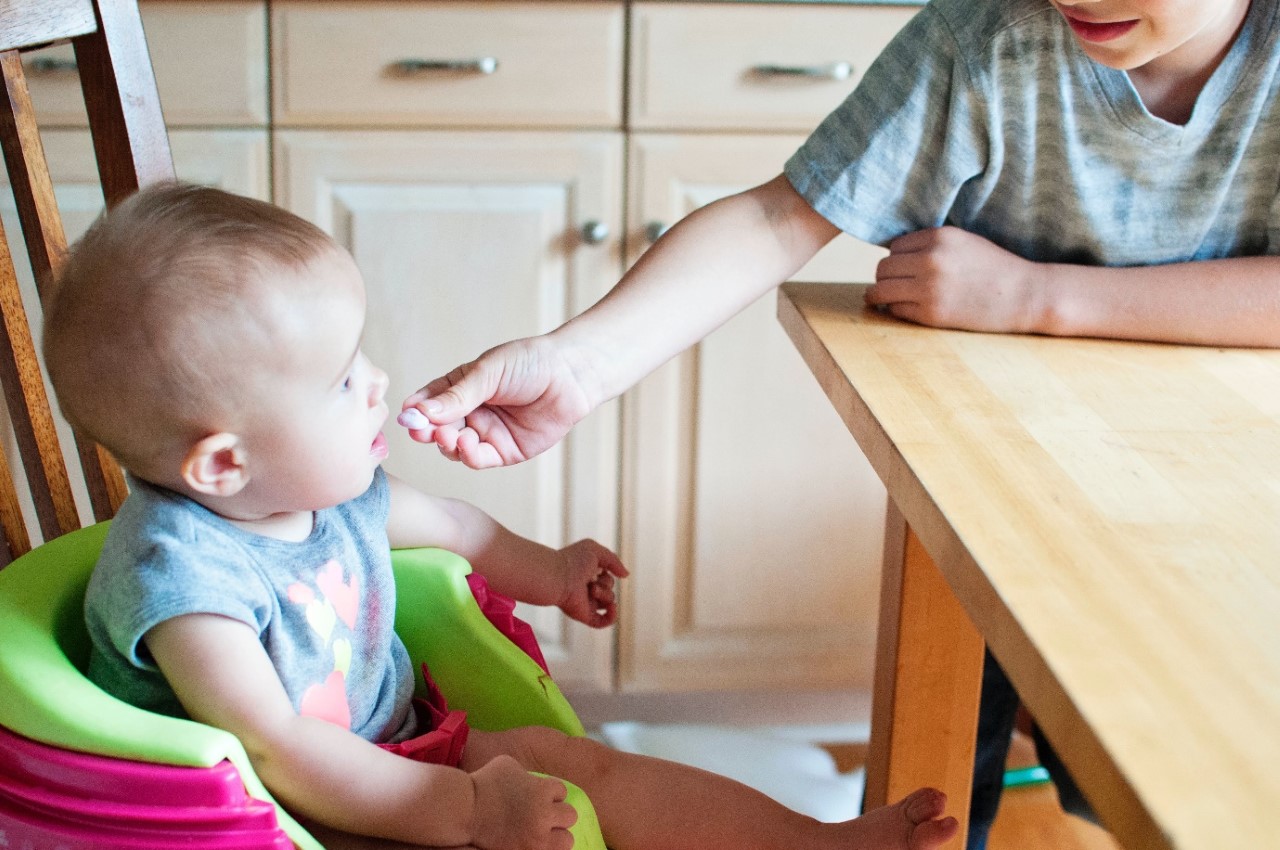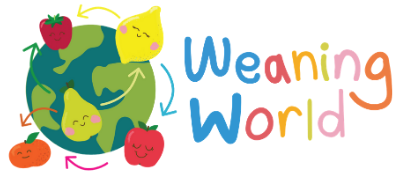
Kids Nutrition: 6 tips to ensure good gut health while weaning
Weaning Week is an annual event dedicated to helping families through their weaning journey, and part of raising a healthy child is looking after their guts. Here, Mike Hardman from Alliance Online shares some tips on how to care for your little one’s gut.
Supporting the microbiome and digestive system is an important part of raising – and weaning – a healthy, happy child. The human microbiome is a community of bacteria in the gut that contributes to our immune system, digestion, and other important functions.
Weaning, which is also known as complementary feeding, usually begins when a baby is 6 months old. At this point, your baby should be introduced to a varied diet of foods, in addition to the first formula or breast milk they have been consuming up to this point. However, weaning incorrectly can have an adverse affect on their gut health.
It can be confusing to work out what you should be feeding your baby when you begin the weaning process, and at each stage throughout. So, we’ve pulled together some nutrition tips to help you support your child’s healthy gut development.
Foods that benefit gut health
The first thing to note when weaning your child is that there are lots of different foods you can include that are great for feeding the good bacteria in the gut. These bacteria thrive on fibre and the complex carbohydrates that can be found in plants. So, include lots of fruits, vegetables, and grains in your kid’s meals, and encourage them to try lots of healthy food. This will ensure that their developing microbiome has everything it needs to grow healthily.
It’s worth noting that there are lots of great foods high in fibre that are less appealing to young children than others. Try starting them with more familiar options such as carrots (perhaps dipped in hummus, or steamed as a side dish), or apple slices with peanut butter. Then, gradually move them on to more complex flavours. Grains like quinoa and oats are great options for weaning as they are easy to eat and can be combined with a variety of flavours.
For advice on what to feed your baby at each stage of the weaning process, visit the NHS webpage on weaning foods.
Probiotic foods
Probiotic foods are another great way to feed the good bacteria developing in your baby’s gut. These foods can be extremely helpful to keep their digestive system healthy. Ideally, they will be included in your baby’s diet by the time they are a year old — depending on how your little one is enjoying solid food, you could introduce these foods at 10 – 12 months.
A good option for probiotic food is plain, unsweetened yoghurt. Check that the brand you are buying doesn’t contain any extra sugars, and let them enjoy it as a dessert at lunch or dinner time.
Regular mealtimes
Another measure you can take to ensure healthy gut function is to keep to regular appointed mealtimes when your baby is the appropriate age. According to the NHS, your little one should move towards eating three meals per day at around 7 – 9 months old.
Adhering to these times has a few different benefits: for one, this will help instil healthy habits in your kids as they will be used to waiting until mealtimes to eat, rather than snacking frequently throughout the day. Predictability and having spaces between meals also aids your digestive system and helps it get into a rhythm, which is extremely important for your little one as they are still developing their microbiome and eating habits.
Cleaning in the kitchen
While what you feed your growing baby is extremely important, so is how you clean all the utensils and crockery that you use when making their food. While you might be tempted to sterilise everything that you use for your baby, this might actually hold back the development of their gut microbiome and immune system. This is because they won’t come into contact with any bacteria.
Instead, stick to the old-fashioned choice of soap and water for cleaning, and clean utensils and tools thoroughly. Sterilising them may remove good bacteria along with the bad.
To make preparing your baby’s food easier, make sure you have all the utensils and cooking tools you’ll be needing, and that they are all organised in your kitchen.
Foods to avoid
When weaning your baby, it’s crucial to know what foods to avoid as well as which ones are helpful. So, take note of these examples of what you should keep out of your little one’s food at this early stage:
- Honey: This should be avoided until your baby is at least 12 months old. It contains bacteria that can cause a variety of botulism in infants, giving it the potential to be dangerous.
- Shellfish: Raw or undercooked shellfish brings an increased risk of food poisoning, so make sure any shellfish has been thoroughly cooked before giving it to your little one.
- Soft cheese: Many soft cheeses contain a bacteria called listeria, and should be avoided. The cheeses in question include: mould-ripened cheese like camembert or brie, blue-veined cheese, goat’s milk cheese, and any unpasteurised cheeses.
- Choking hazards: Avoid choking hazards like whole nuts and jelly cubes, as these can easily get stuck in your baby’s throat.
- Fresh pâté: This can cause food poisoning in babies, whether it’s made from fish, vegetables or meat.
While it can be confusing to arrange a diet and feeding timetable for your baby during the process of weaning, there are many things that you can do to ensure their gut health develops well. So, use these tips to get started, and enjoy expanding your little one’s diet and seeing them develop their own culinary tastes.
